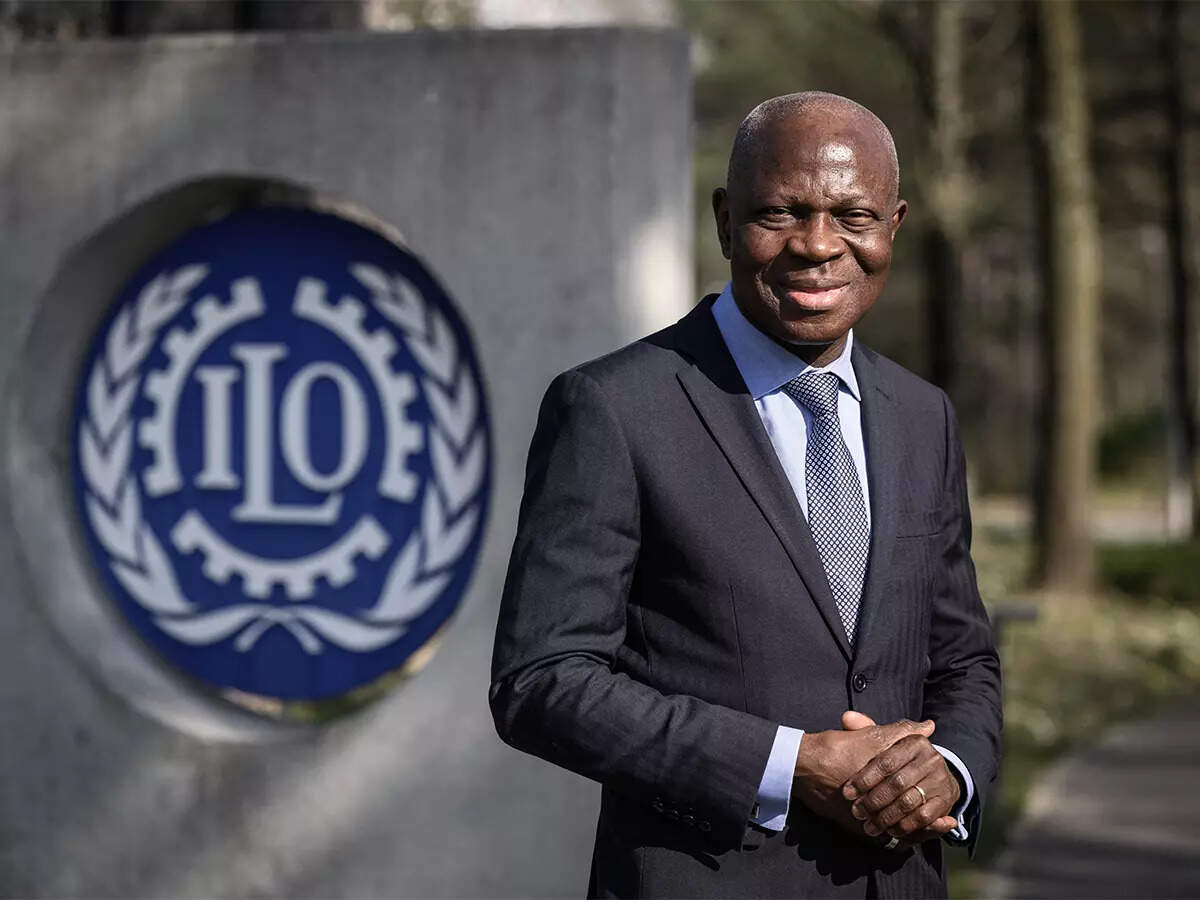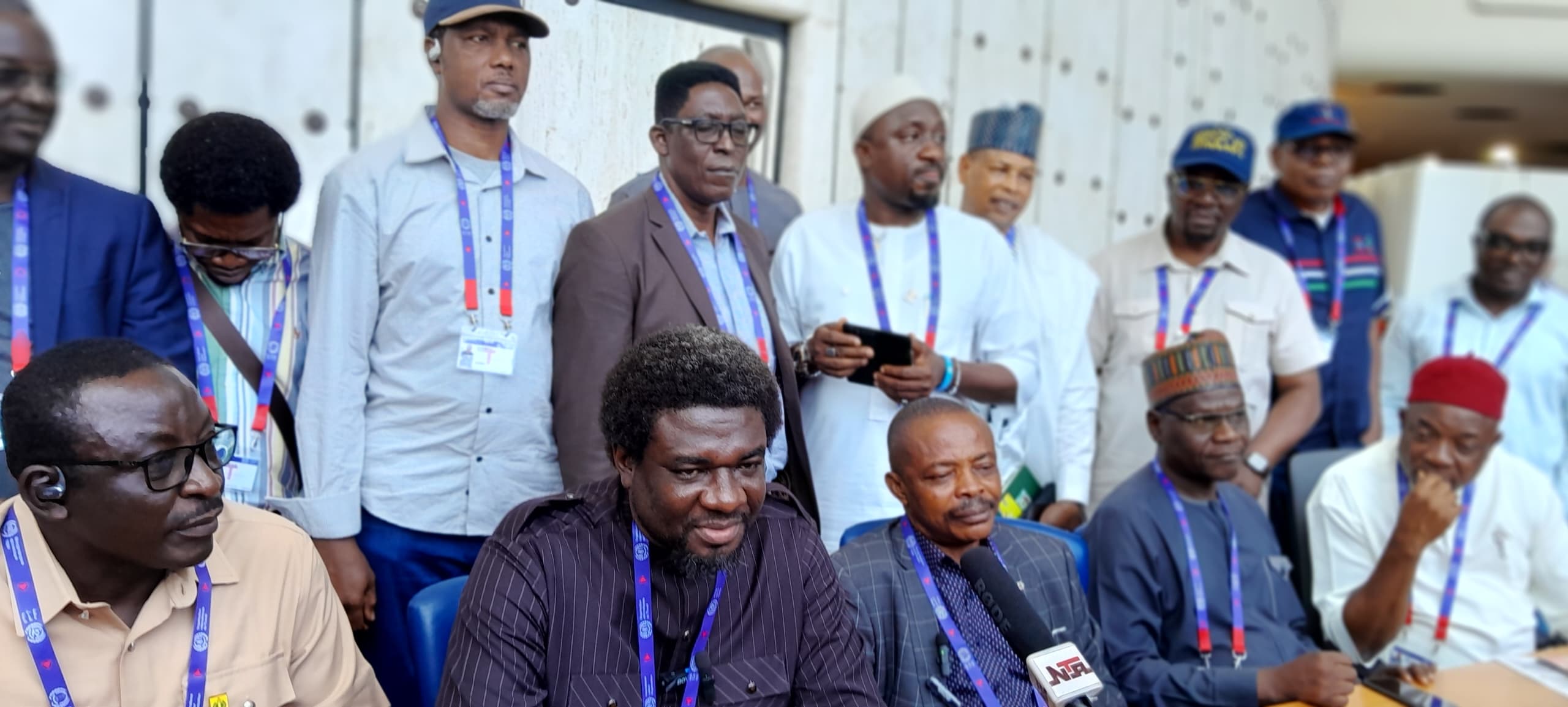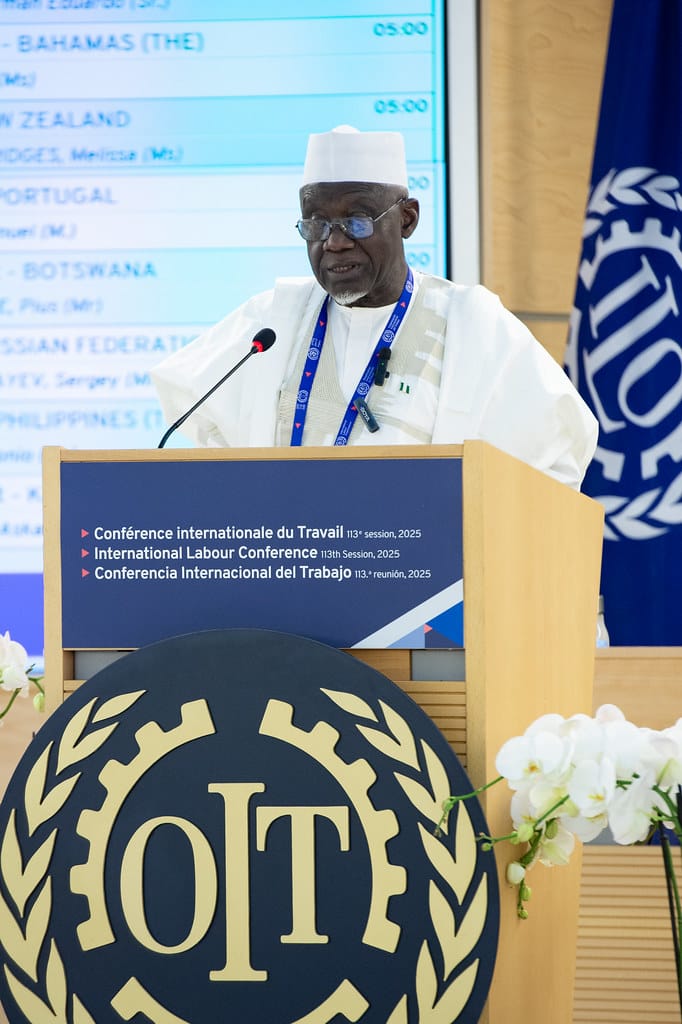IMF: Italy’s labour gap opens door for Nigerian expertise
Labour
By Olawunmi Ashafa
The International Monetary Fund (IMF) says Italy’s drive to boost productivity and attract more workers could open opportunities for Nigerian businesses and professionals.
IMF, in its country focus report on Tuesday, said Italy’s economy, though resilient, faces long-term challenges.
The challenges range from an ageing population, weak productivity, and a shortage of skilled labour, making foreign expertise increasingly valuable.
“The Italian economy is resilient, but long-term growth will require higher productivity and more people in work,” said Lone Christiansen, IMF mission chief for Italy.
She noted that Italy’s ageing population and shrinking workforce make foreign expertise vital. “This is where skilled migrants and stronger trade ties can make a difference.”
Christiansen explained: “Growth was supported by strong investment through the National Recovery and Resilience Plan and improvements in the labour market, with more jobs on permanent contracts.”
For Nigerian firms, this could mean fresh prospects in trade and investment, particularly as Italy seeks stronger economic partnerships with emerging markets to support growth.
The labour gap may also encourage skilled Nigerian migrants to explore opportunities in Italy, especially in healthcare, agriculture, technology, and small-scale manufacturing.
“Healthcare, engineering, and digital services are areas where Nigeria’s skilled youth could contribute,” a Lagos-based economist told the News Agency of Nigeria (NAN).
Italy’s resilience last year was evident, recording a primary surplus of 0.4 per cent of Gross Domestic Products (GDP) in spite of global economic uncertainty and trade tensions.
Christiansen said growth was supported by investment through the National Recovery and Resilience Plan (NRRP) and improved labour market performance.
However, growth is projected to slow to 0.5 per cent this year before rising to 0.8 per cent in 2026 as NRRP projects near completion.
Christiansen warned that external risks, including trade tariffs, energy costs, and regional conflicts, pose challenges for Italy’s export-driven economy.
She stressed reforms to boost labour participation, especially among women, through childcare support and tax reforms, while improving education, training, and innovation capacity.
The IMF estimates reforms raising participation, skills, and productivity could lift Italy’s growth by up to 0.4 percentage points annually between 2025 and 2050.
Fiscal consolidation remains central, with recommendations for a 3 per cent primary surplus by 2027 to reduce public debt, now about 135 per cent of GDP.
Christiansen also called for stronger corporate dynamism, noting Italy lacks global innovation leaders and struggles with scaling firms, which could open collaborative opportunities with foreign investors.(NAN)(www.nannews.ng)
Edited by Kamal Tayo Oropo








